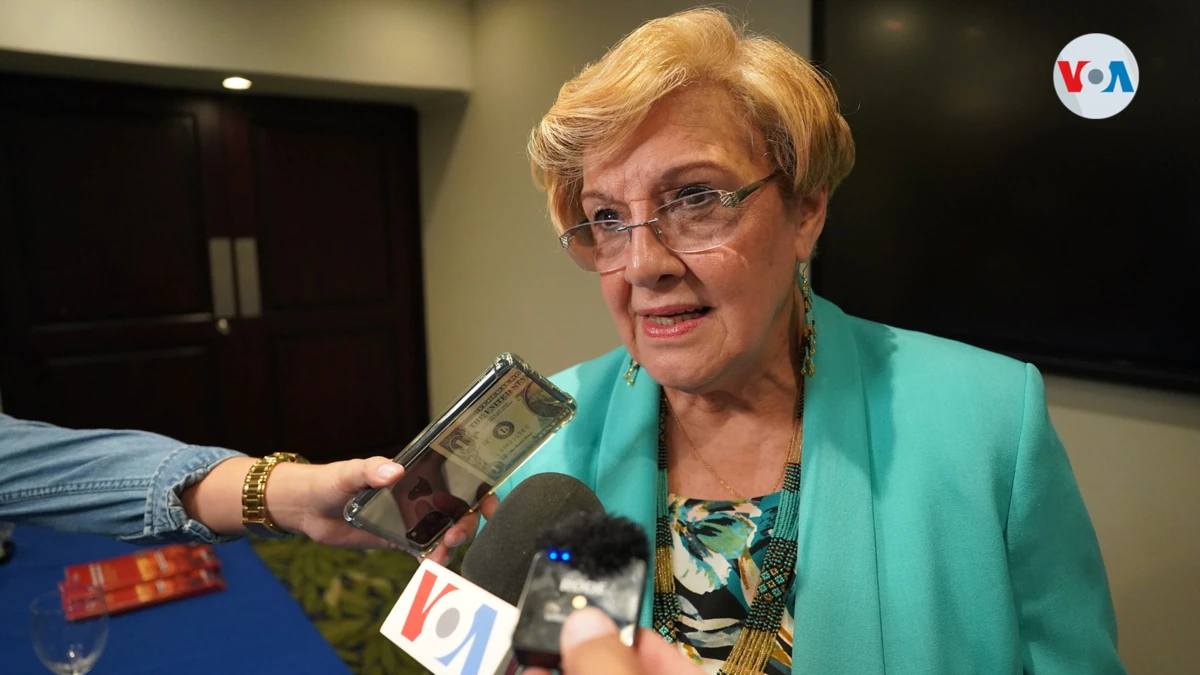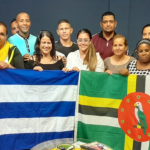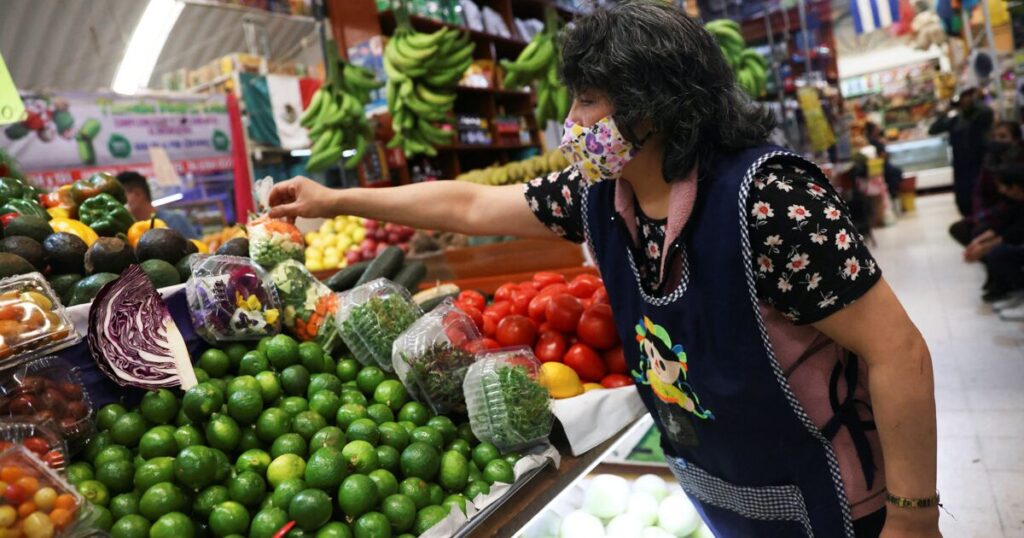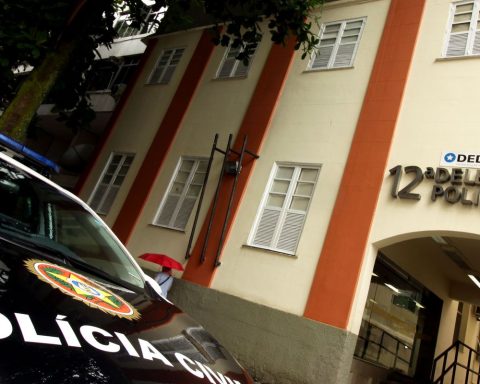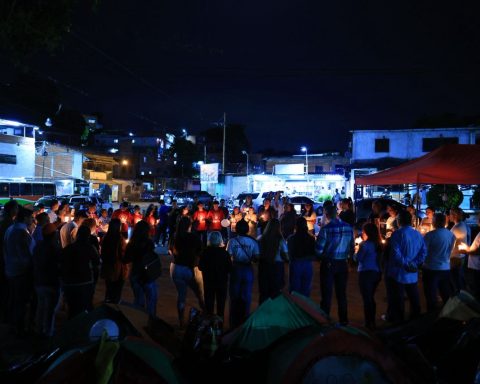In Nicaragua, democratic institutions and the rule of law have been broken and there is a “serious” violation of human rights, the rapporteur of the Inter-American Commission on Human Rights (IACHR), Esmeralda Arosemena, stated on Wednesday during a conference of press in Costa Rica.
Arosemena made the statements after presenting the IACHR Annual Report corresponding to 2021, on the situation in Nicaragua, together with the Special Rapporteur for Freedom of Expression, Pedro Vaca.
Chapter IV.B of the IACHR report details the situation faced by countries such as Cuba, Nicaragua, Venezuela and Guatemala. “In these countries serious violations of human rights and attacks on democratic institutions are observed,” the text indicates.
Of the countries mentioned, the IACHR highlights Guatemala’s initiative to establish a work path based on “a frank dialogue, in order to follow up on its recommendations regarding the concerns observed.”
In Nicaragua the picture is not so encouraging. According to the IACHR, more than three years after the start of the social protests on April 18, 2018, a context of widespread impunity persists regarding “serious human rights violations.”
Similarly, the report mentions that in Nicaragua there is a profound deterioration of democratic institutions, especially as a result of the general elections of November 7, 2021, when Daniel Ortega prevailed for a new five-year term, after imprisoning others the opponents who aspired to the presidency.
Arosemena said in this regard that in Nicaragua there is “a complex, difficult situation and that is why the support, the commitment to civil society organizations.”
“That is the basis for including a country in this annual report, in this chapter (4B). I want to express to you, first, my message of solidarity. Solidarity with what the Nicaraguan people live today and although many of you are not only aware of the situation, but have been part of it, have been victims, have been in the territory personally and directly experiencing the events,” he said.
He assured that the Commission has a responsibility and it is the publication of said report so that the international community knows what is happening in Nicaragua.
It concluded that they will continue to exercise all the conventional mandates that require them to respond, including all this daily monitoring, with the support of the Special Follow-up Mechanism for Nicaragua (MESENI), established in June 2018.
“I reiterate the firm commitment of the Commission, the MESENI mechanism, and mine personally as rapporteur for the country, to continue working to fulfill our mandate, especially with the emphasis placed on the urgent need to overcome impunity for the cases of serious human rights violations that occurred and those that continue to occur in our Nicaragua today,” the rapporteur concluded.
Connect with the Voice of America! Subscribe to our channel Youtube and turn on notifications, or follow us on social networks: Facebook, Twitter and Instagram.
